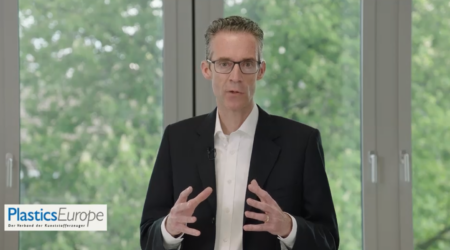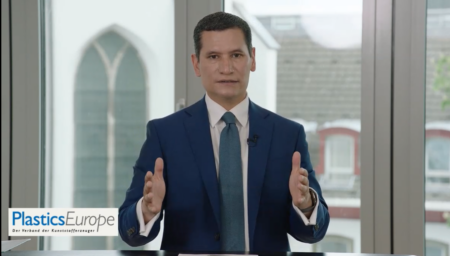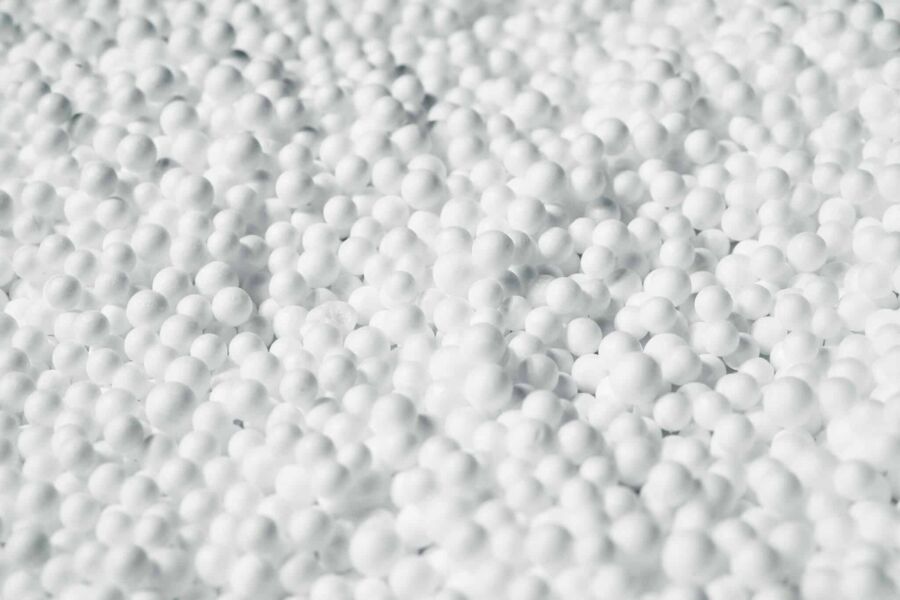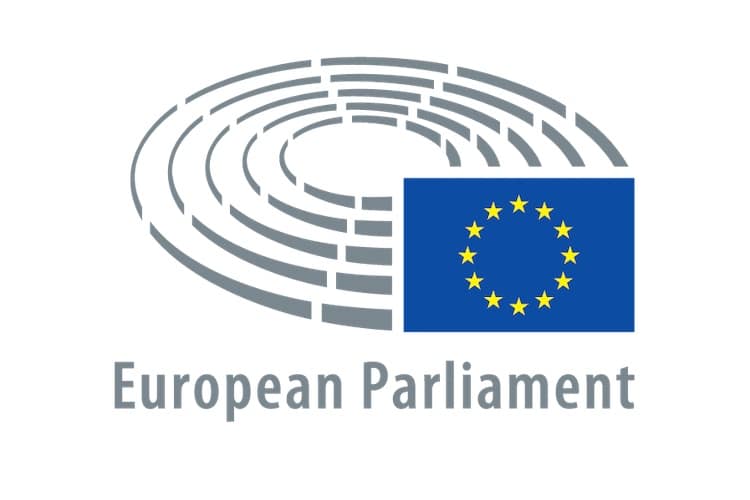At its yearly economic press conference, the plastics manufacturers association PlasticsEurope Germany confirmed the industry’s latest expectations: due to the pandemic, the plastics production in Germany decreased by 1.6 percent in the year 2020. In order to remain resilient and competitive also in the future, the plastics industry intends to become the driver of sustainable production und circular economy – this was the general conclusion of the event.
According to the Managing Director of PlasticsEurope Deutschland, Ingemar Bühler (photo on the very bottom), there are good reasons to be optimistic about the time after the pandemic; however, we should not rely exclusively on an economic rebound. In the virtual exchange with the journalists, Bühler called for “becoming a global pioneer of a more efficient, resource-saving economic activity. Innovative recycling technologies, production with renewable raw materials and better recyclable products cater for more environmental and climate protection and, at the same time, ensure the future sustainability of our industry”.

Dr. Michael Zobel at the economic press conference of PlasticsEurope Deutschland
Dr. Michael Zobel (photo), President of PlasticsEurope Deutschland, spanned a bridge to the present situation and explained the current economic indicators: as a consequence of the price pressure during the pandemic, the industry’s turnover fell by 8.7 percent in 2020 compared to the previous year, exports dropped slightly by 0.8 percent, and imports reduced significantly by more than 7 percent.
Plastics production under pressure
Therefore, the deteriorated supply situation on the German market that can presently be observed became apparent already in 2020. According to Dr. Zobel, this situation leads to an increased number of force majeure reports: “With a full utilisation of the capacities, Germany depends on imports anyway. This was recently aggravated by the implications of the pandemic, such as delayed maintenance activities or repeated production stops. Moreover, imports from the US and China failed to appear, as the demand has exceeded the supply in both countries.” Hence, for the time being, the supply bottlenecks are yet unlikely to disappear, concluded the President.
Overall, however, Dr. Zobel considers the perspectives to be positive and sees “good reasons for an optimistic outlook. The vaccination campaign in Germany is making good progress, the Asian market is comparatively robust, and this also applies to the economy in the US”.

Ingemar Bühler at the media talk of PlasticsEurope Deutschland
Ingemar Bühler concluded the media talk with some statements on key aspects of setting the course for the plastics industry. According to the Managing Director, the plastics manufacturers will be reliant on additional momentum to be provided by politics and society: “Affordable
energy, openness to innovations and advanced technologies, as well as speedier and legally more certain authorisations for the new plants of the circular economy – all of this is needed for us to succeed in the global competition for the future of the industry”, says Bühler. Then, the plastics industry would become “globally leading in sustainable and innovative products and processes – and make an important contribution to prosperity, quality of life, and jobs”.



